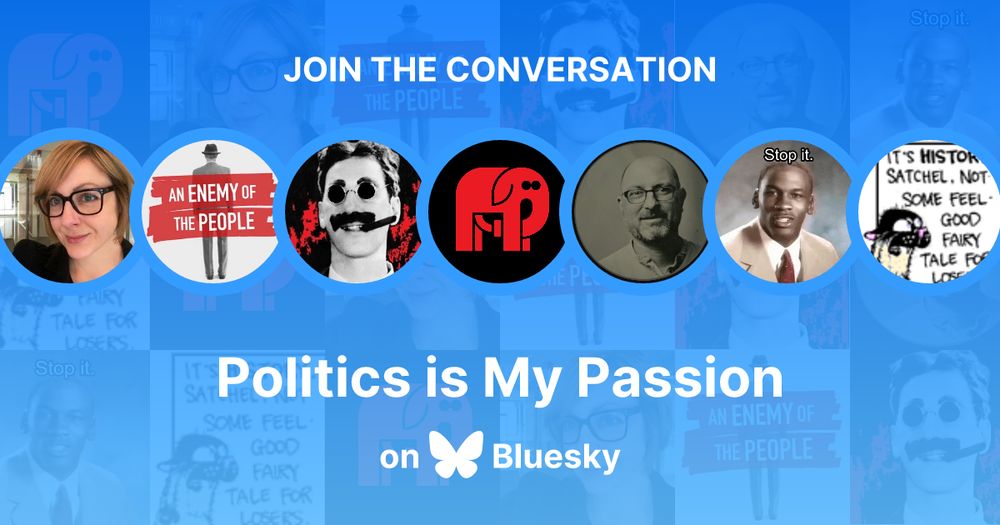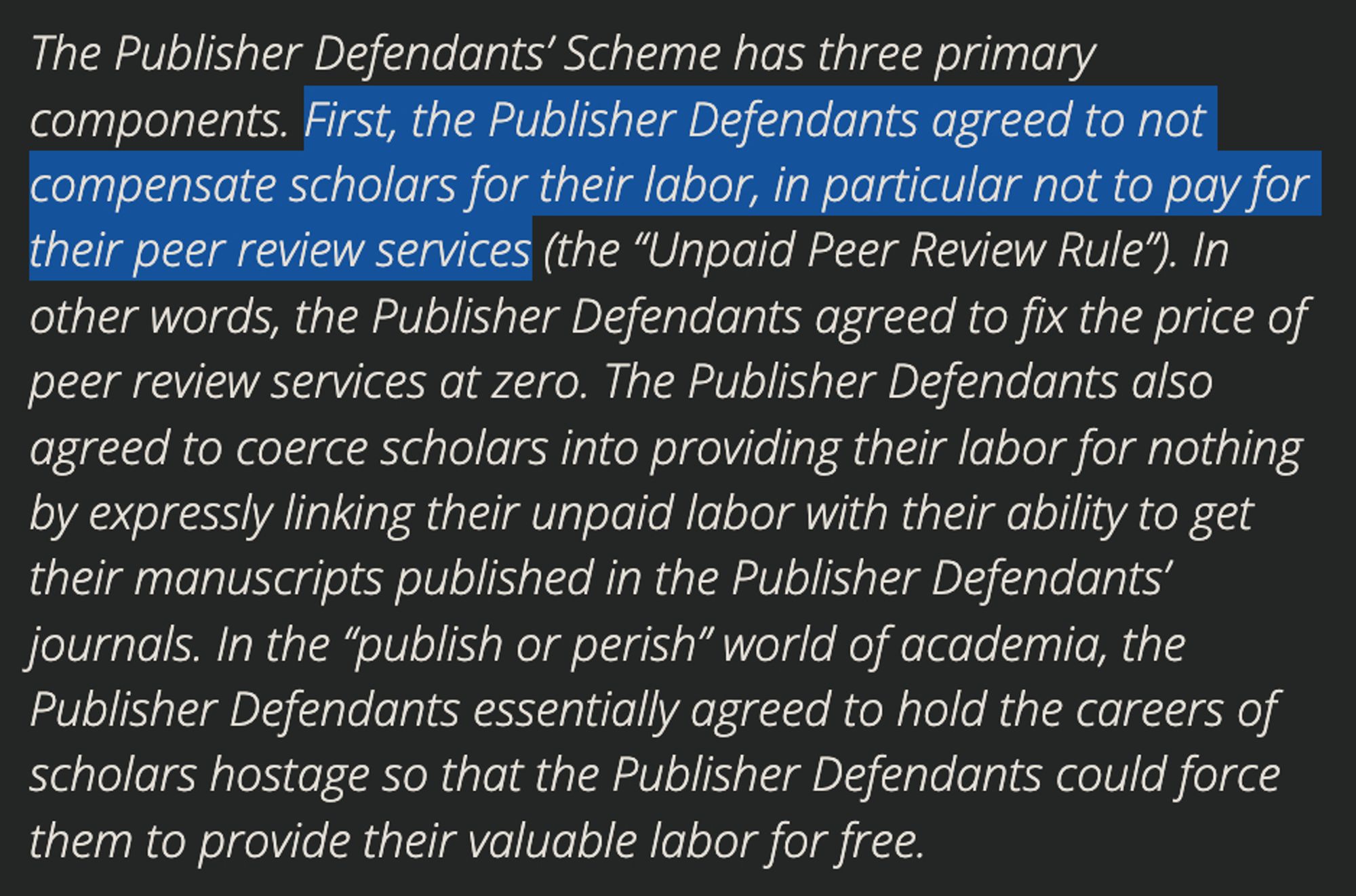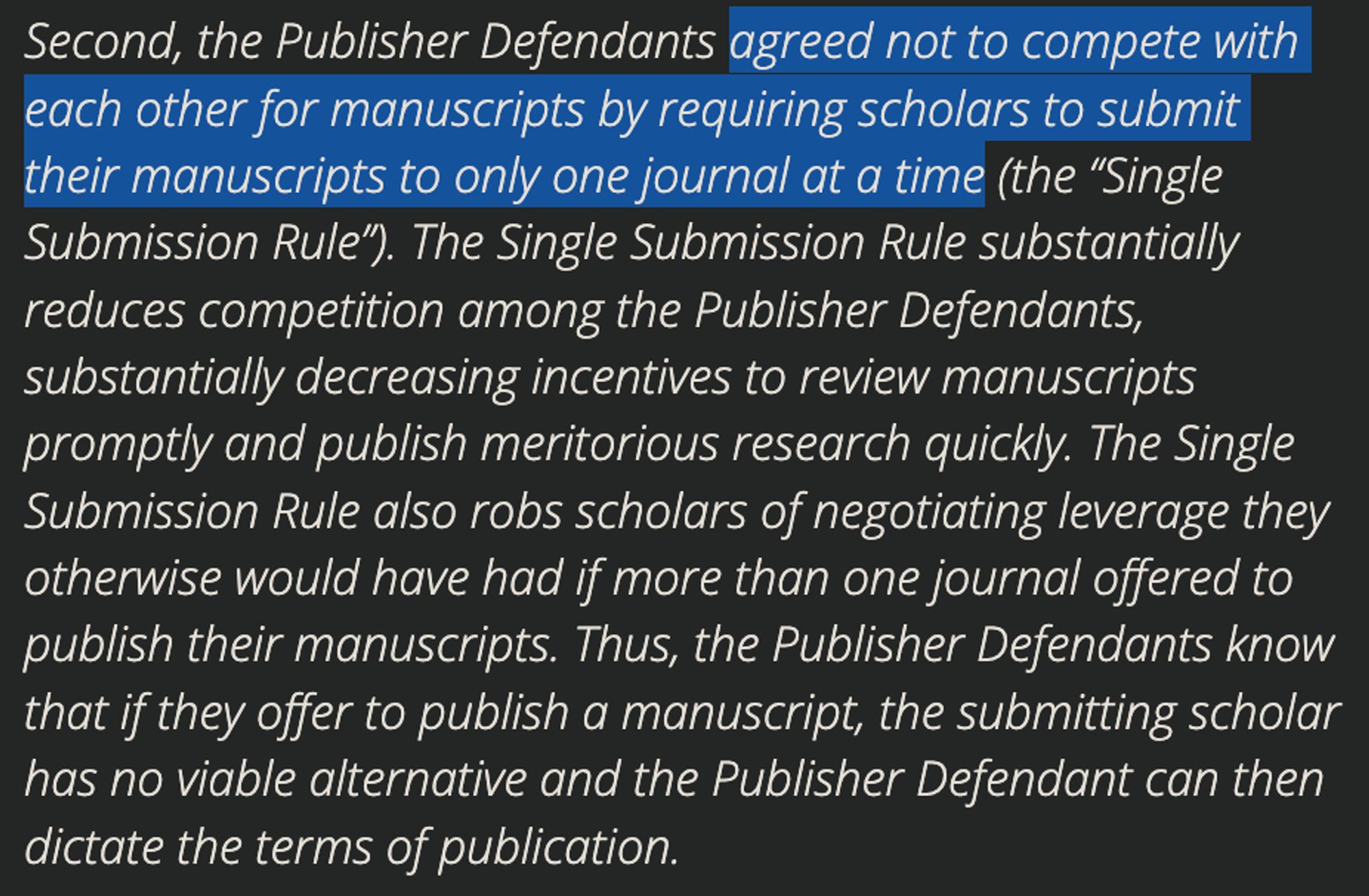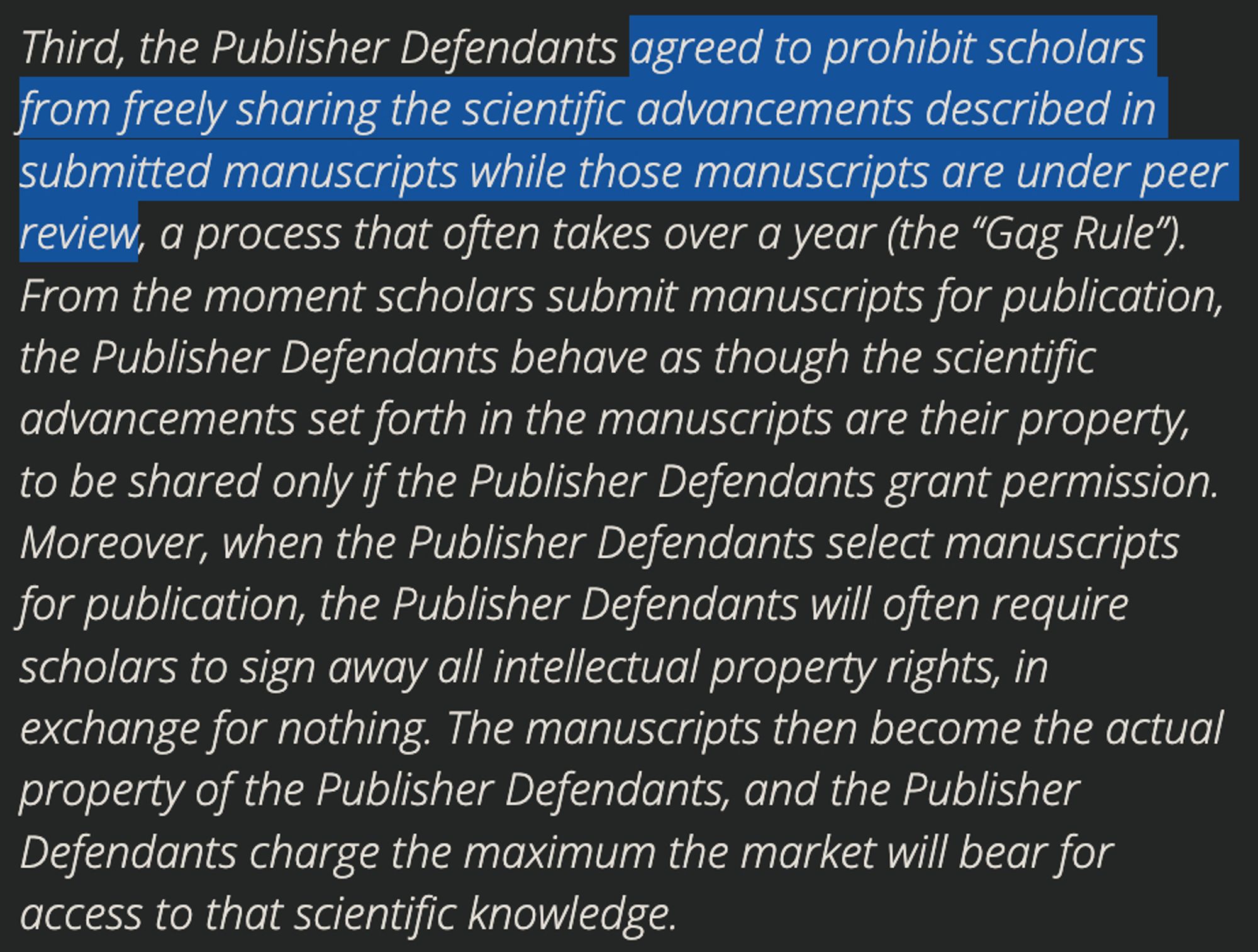
Open self-promotion thread. Fiction, non-fiction, film, art, academic stuff, or your baby's first steps. Indie, non-indie, all welcome. Anything and everything. What are you up to? Where can we buy or get it? The only rule is, play nice with the dreams of others.
Made a lil starter pack of people talking about extremism and the modern threat environment we are in.
Tried to make one of these starter pack things, but I couldn't find everyone I wanted to add for some reason. Still, a good follow list go.bsky.app/GzohuLw
Feeds are incredible for power users. Starter packs best for casual users. both have their place
good list, no need to shorten imo, it should be a one click deal for those looking to bounce over
Is your Bluesky feed missing in conflict analysis? I made a starter pack of peace and conflict scholars to follow here. DM me if you want to be included. #Conflictskygo.bsky.app/7o8tZt2
any chance I can get added? Thanks for making it!
I'm trying to create a starter pack to lure people over from Twitter. Let me know what you think of this.I'm trying to create a starter pack to lure people over from Twitter. Let me know what you think of this.

Join the conversation
I created a starter pack of people who like sporps go.bsky.app/KbxjMtX
this is pretty amazing: @lucinauddin.bsky.socialwww.lieffcabraser.com/antitrust/ac... summary of the case:



